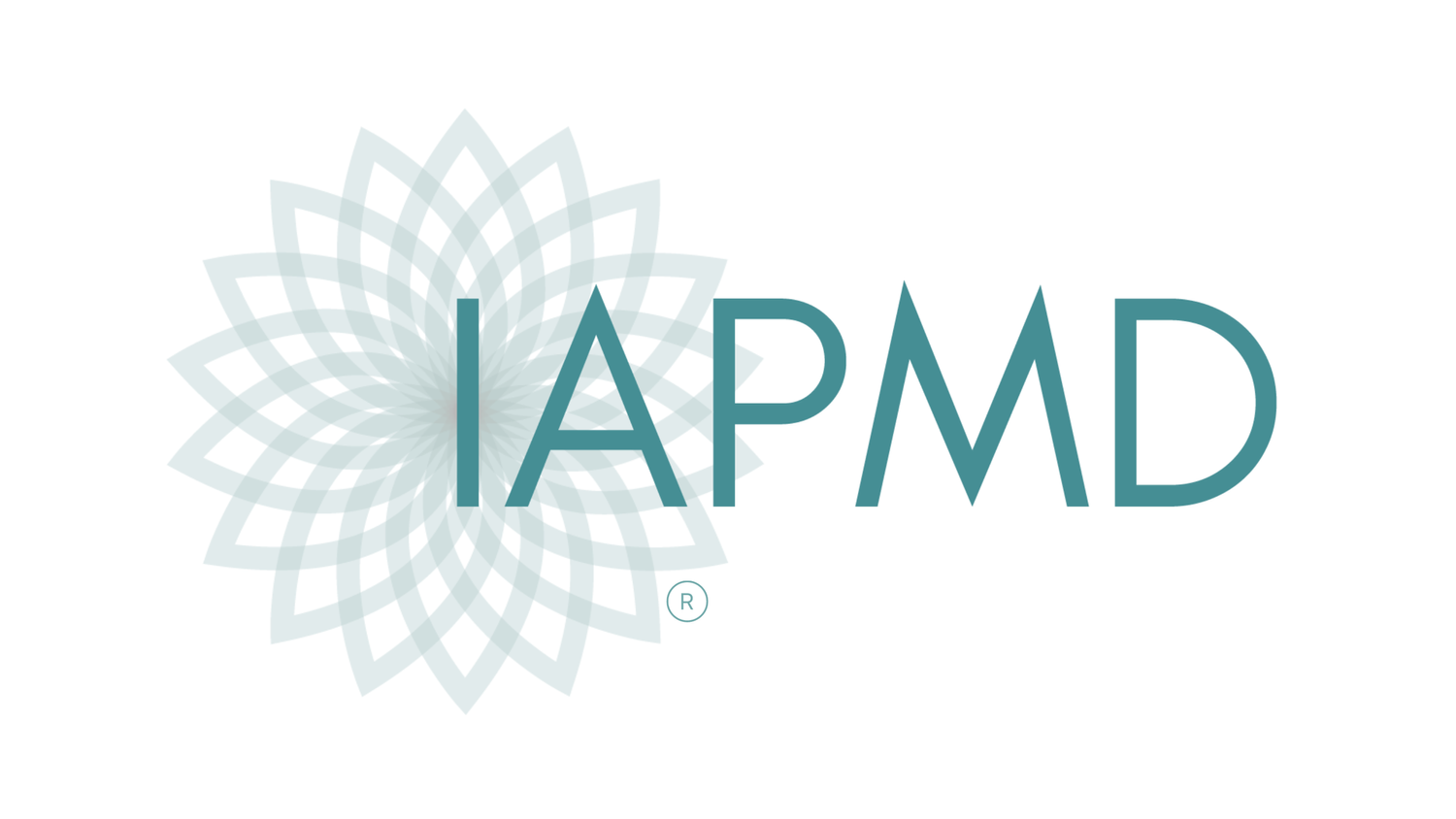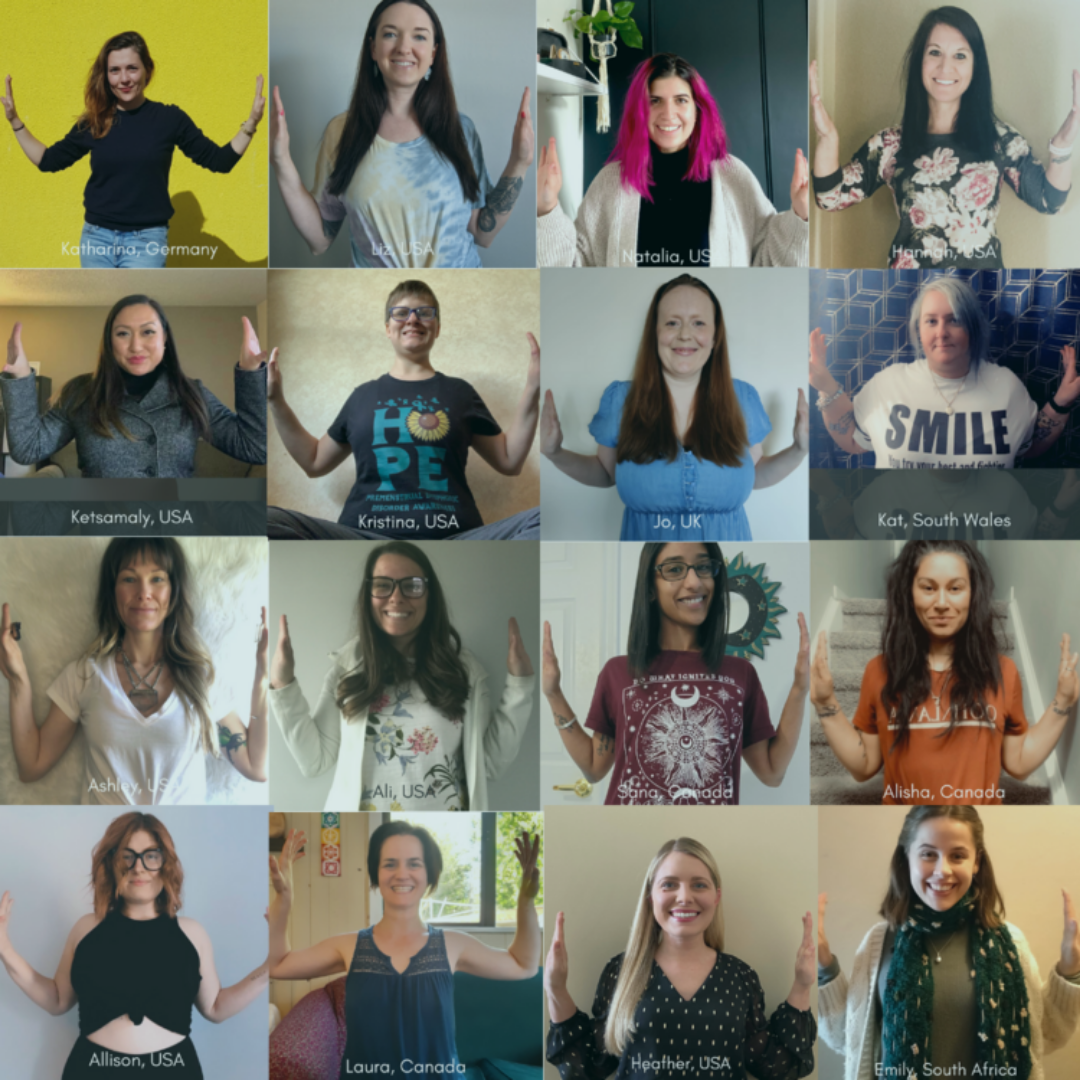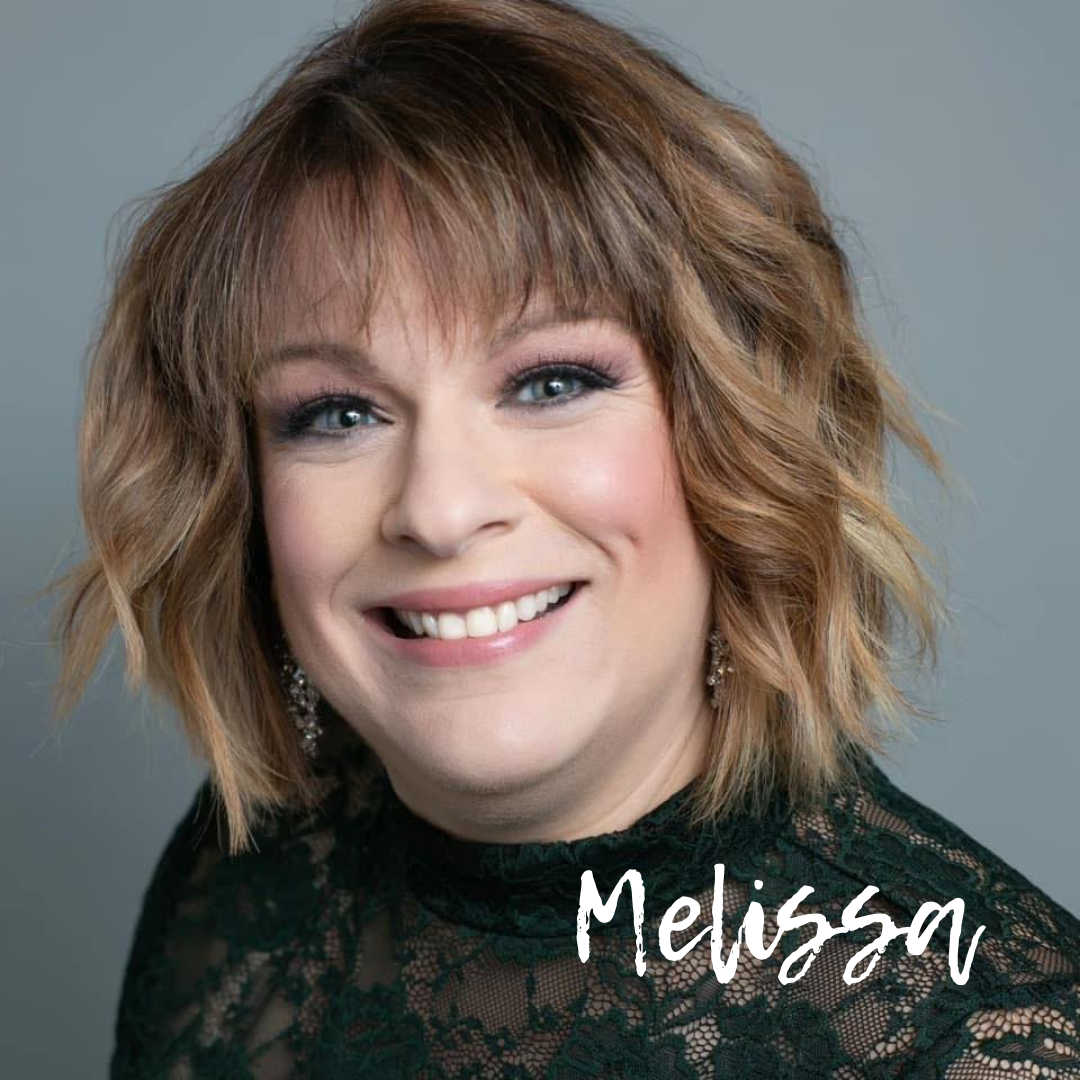
The International Association for Premenstrual Disorders (IAPMD) is a 501(c)(3) nonprofit organization. Every person in the IAPMD family, from our staff to board to our donors, contributes to our mission to inspire hope and end suffering for those with premenstrual disorders. We’re proud of all we’ve accomplished since our founding in 2013, and we’re grateful to everyone who has joined us to fight for a world where people with premenstrual disorders can not only survive, but thrive.
“IAPMD is truly a life-saving organization that continues to help me feel understood, hopeful, and supported. I may not have much figured out, but what I do know is that this organization saves lives - it’s saved my life several times.”
Sandi MacDonald, Executive Director, and Sheila Buchert, Board President, look back on the highlights at IAPMD from 2021 and look ahead to what's on the horizon in 2022.
450K
Individuals visited iapmd.org in 2021 for information, resources, & support
20K
Free self-screenings for premenstrual disorders delivered globally
“I love IAPMD and what it has done to light my way after years of squinting in the dark.”

2021 Revenue
2021 Revenue
Foundation/Grants $86,000
Individuals $44,000
In-Kind Contributions $40,000
Membership $1,400
Corporate $700
Product Sales $5,500
Other $100
Total Revenue $177,700
2021 Expenses
2021 Expenses
Programs $150,000
Administration $24,500
Fundraising $12,000
Total Expenses $186,500
“I found IAPMD in 2017 and am now a part of their Patient Insight Panel. I get to be a part of the research, a part of the solution to my own disorder. I get to help others with this disorder as well. Thank you IAPMD. We will all get through this together.”

Make an impact
In 2022, our goal is to raise $75,000 through individual contributions. Help us start the year strong with your gift today!
“IAPMD has helped me enormously with understanding my diagnosis. They make me feel supported, cared for, and represented. When I donate, I know that my money is helping a cause that means so much to me and that their work is reaching places that I couldn’t. IAMPD is changing lives everyday for those who are suffering in silence.”























We talk about this “other person” that emerges during the days leading up to our periods. This person that takes over and puts us on a roller coaster of emotions for days, maybe weeks. I used to hate her. But with help, I’ve started to embrace her. Over time, I even learned to love her.